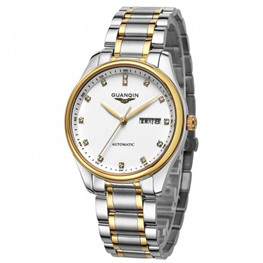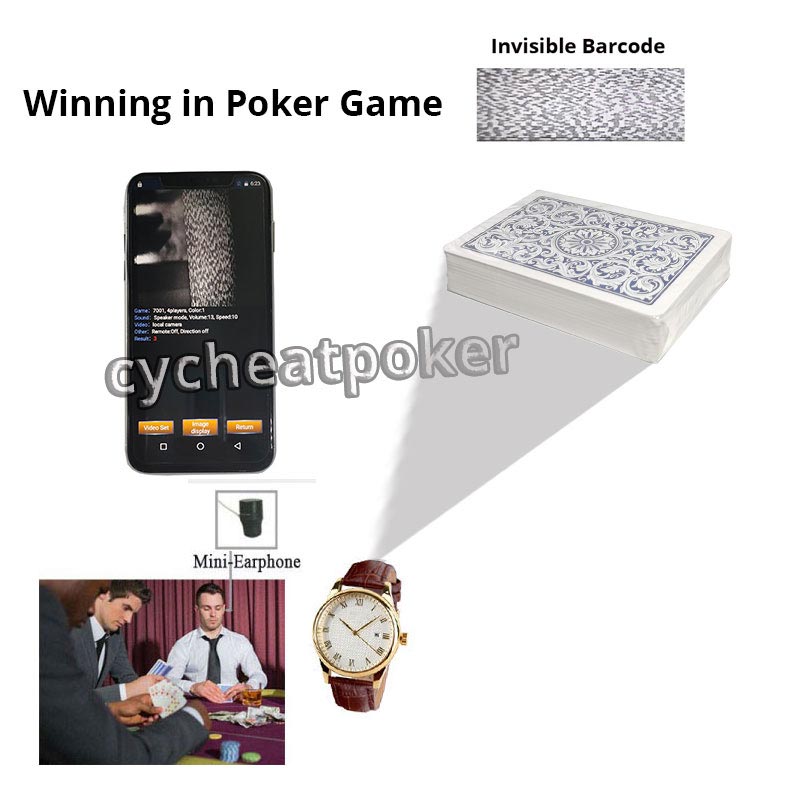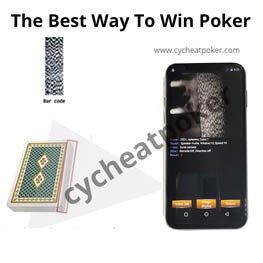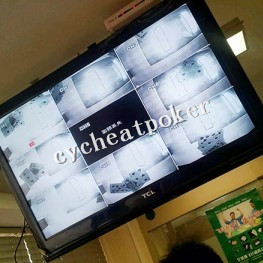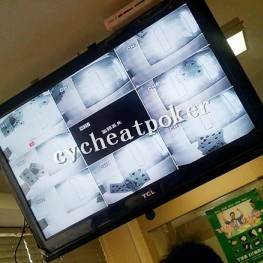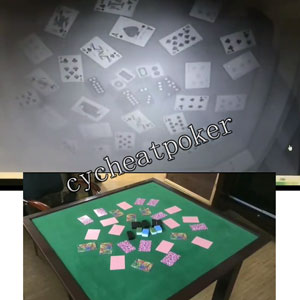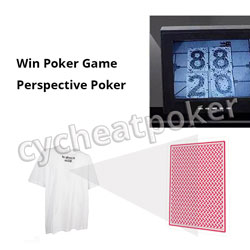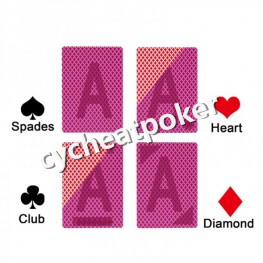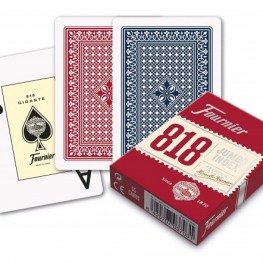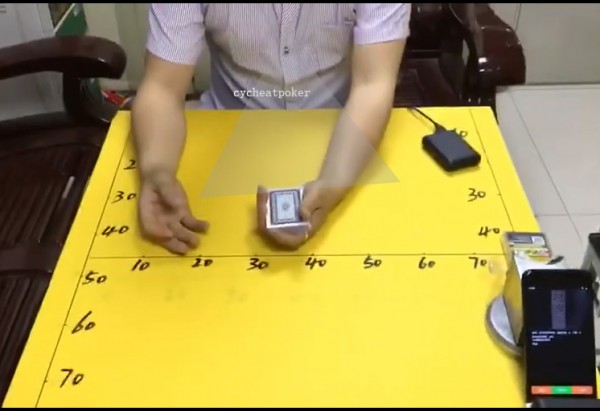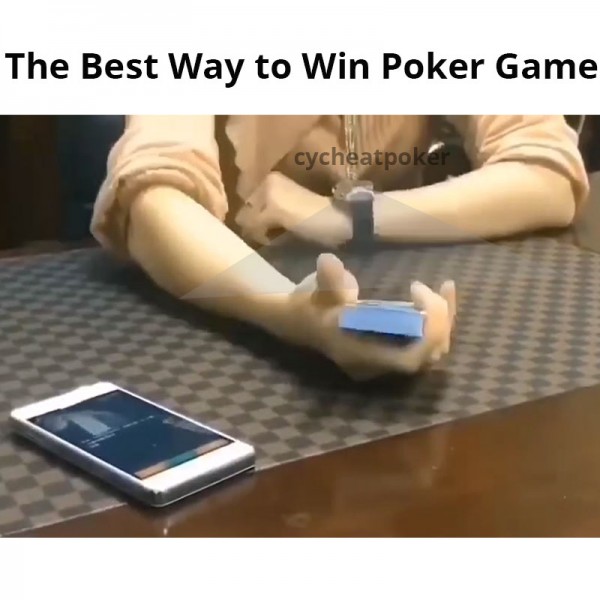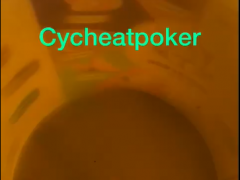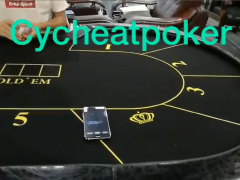Stehlen und erneut stehlen, wenn es so einfach ist, werden Sie kein Geld verlieren, bis Sie weinen.
The characteristics of poker games can cause some "reasonable words" to be produced, and often there are ambiguities and sometimes big mistakes. For example, the phrase that many players have heard of various versions is, "Poker is playing the situation, not the card."
Is this the correct suggestion? The answer depends on what it means. Of course, some players will find that a pair of A's raises before the Pre-Flop is a strong card, but a big bet on a card like J-J-10-9-8 is not a good card.
But this suggestion also has a other meaning that the hand card is completely unimportant, and the good player can control the opponent to fold. For example, many tournaments will be familiar with a famous action called Re -Stealing, which means that one player suspects that another player's Re-Flop raise is stealing the pool, so he is added to it, thus taking the blind. Also got the first raise of the steal pool.
When trying to learn how to profitably Re-steal, many players want to know if it is best to choose a correct target, such as a radical player, will raise with a very wide range of hands, or a good hand, For example, if the target player will call the range of the re-added, there will be a hand with a good win rate. In fact, when you get the win rate from your opponent and the win rate you confrontation his call range is greater than 0, the Re-stealing is a profitable action. If you fold, your expectation is 0. (For the sake of simplicity, it is ignored here or not.)
In theory, if there are so many fold card wins rate in a known situation, you can Re-steal with any two cards. However, these opportunities are rare when faced with good players. In this case, the bonus structure of the tournament will cause the target's expectations to be measured in terms of tournament chips (cEV), which is significant to his real money EV ($EV) has significant error. In general, good players will know On what condition when you know they may have a wide range, so you will take action with a relatively wide range and they will adjust their call range accordingly. This is not to say that you will never get the advantage over them, but with any two cards you will be required to have a bigger hand than most good players.
Lessons of making mistakes
The first hand took place in the early stages of the final table of the $100 online multi-table tournament. I have a short stack of the remaining eight Opponent, about 15 big blinds, just looking for opportunities to Re-raise and all in. stack King is a radical and very good tournament player. When he raises the pot at the button, I decide that if the small blind folds, I will use any two cards. Sure enough, the table folded to me, I used Q7o all. The button position didn't hesitate to call and showed K5o. His hand kept the advantage to win and I was eliminated in eighth place.
I emphasize again, this player is very good. He was considered to be the top tournament player on the line. Before that, he also achieved some success on the live tour. Below he chats with his fans to show his thought process:
Fans: With K5o seconds call? Hahaha.
Strong player: I think I have the best card. Is it because K is a high card, will I pretend to think about it?
He saw through me, it was as simple as that. My opponent is one level higher than me, and I find that I will use a very wide range all in for him, and then adjust the call range accordingly. Just because he opened the pool with a wide range of buttons position, it does not mean that this is a good time for me to Re-steal. In order to make the reversal profitable, I need a big gap between the scope of his open pool and the range of calls, but there is no such gap. In fact, it's quite possible that he knows that I'm very likely to try to Re-add it, so I can raise it with all in hand that can be called at the button, which means that I have no fold equity.
The next hand takes place a few months after the previous hand. During this time I deeply pondered Re-stealing and similar play. I hit the middle stage in the $150 online tournament, the chip leader on the table. The players in the two seats on my left are also in the forefront. He is a very good tournament player and I often discuss strategies with him. We are all very radical and often steal pools and anti-stealing in the past tournaments.
The blinds are 80/160. The table folded to me, I used the ATo to raise the pool to 480 at the button position, and my friend added it to the 1440 in the big blind. Depending on my stack size, I will open the pool at the button with a very wide range, I know he knows this too. Therefore, I think he will use a relatively wide range to Re-add me.
After he reraise, the pot was 2000. Even if there is a position, I would rather go all in or fold instead of calling with ATo. Therefore, my choice is to bet with the last 9250 chips, or to fold. I guess there are 20% of the super-strong cards in the opponent's range (JJ+, AKo, AKs), 60% medium hand and the hand that leads the range of the open pool hand card at my button position (22+.A2s+.K5s+, Q9s+, JTs+, A2o+ , K7o+, Q9o+, JTo+), and 20% is the weak card that want to Re-steal against me. If he only calls me with a super strong hand, then he will have an 80% chance to fold.
Even 72o faces the call range JJ+, AKo, AKs also has about 20% win rate. The expected value of 72o is the value of my fold equity (0.8*2000=1600) plus the win rate of my winning showdown (0.2*0.2*20080=803) minus my showdown (0.2*0.8*) 9520=1535), and finally equals about +880 chips.
So if he only calls my full range with a 20% range that includes a super card, then it is profitable for me to take action with him on any two cards.
But I know that the opponent is stronger than this. I also know that he understand me too well and will not leave such a flaw. So, I put a total of 10,000 chips, he immediately called with A2o.
This opponent is very powerful, but I can't agree with this call. In my opinion, this call is a mistake, but it does reflect how a huge player can make a huge adjustment against another smart and aggressive player, and even call 62 big blinds with A2o. 4bet all in.
It is not profitable for the player to take action with any two cards. Even if his call range includes all medium-strength hands, he can only actually increase the showdown win rate from 27% to about 29%, but it has greatly reduced my fold win rate to 20%. EV with 72o all in EV with 72o all in confrontation the extended range of calls is -348 (0.2*2000+0.8*0.29*20080+0.8*0.71*-9520).
On the other hand, ATo has a slight advantage against a very wide range of calls. This difference shows that defeating a powerful player requires that you not be blind all in when they are likely to have a wide range. They will recognize these situations as you do and adjust accordingly. Instead, you have to do a thin value play, adjust the range more effectively than they do, and take the lead.





